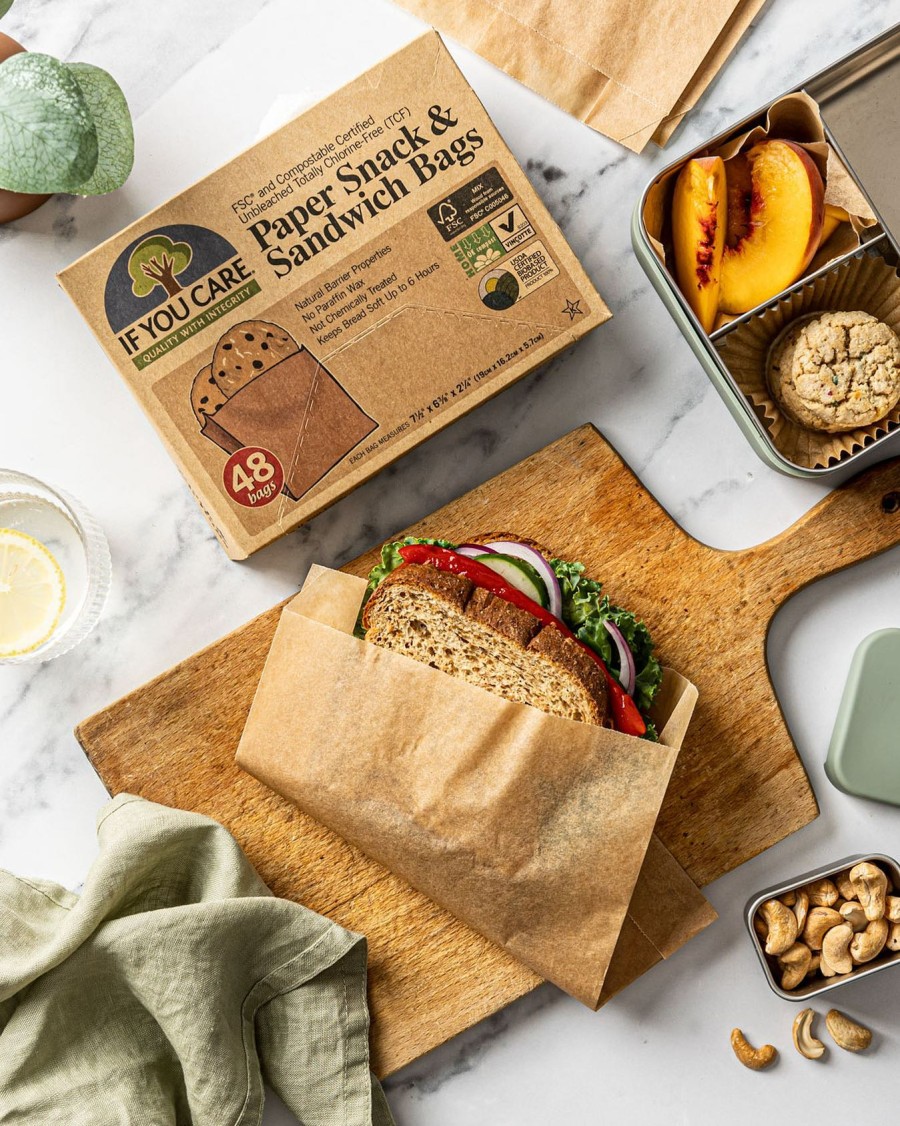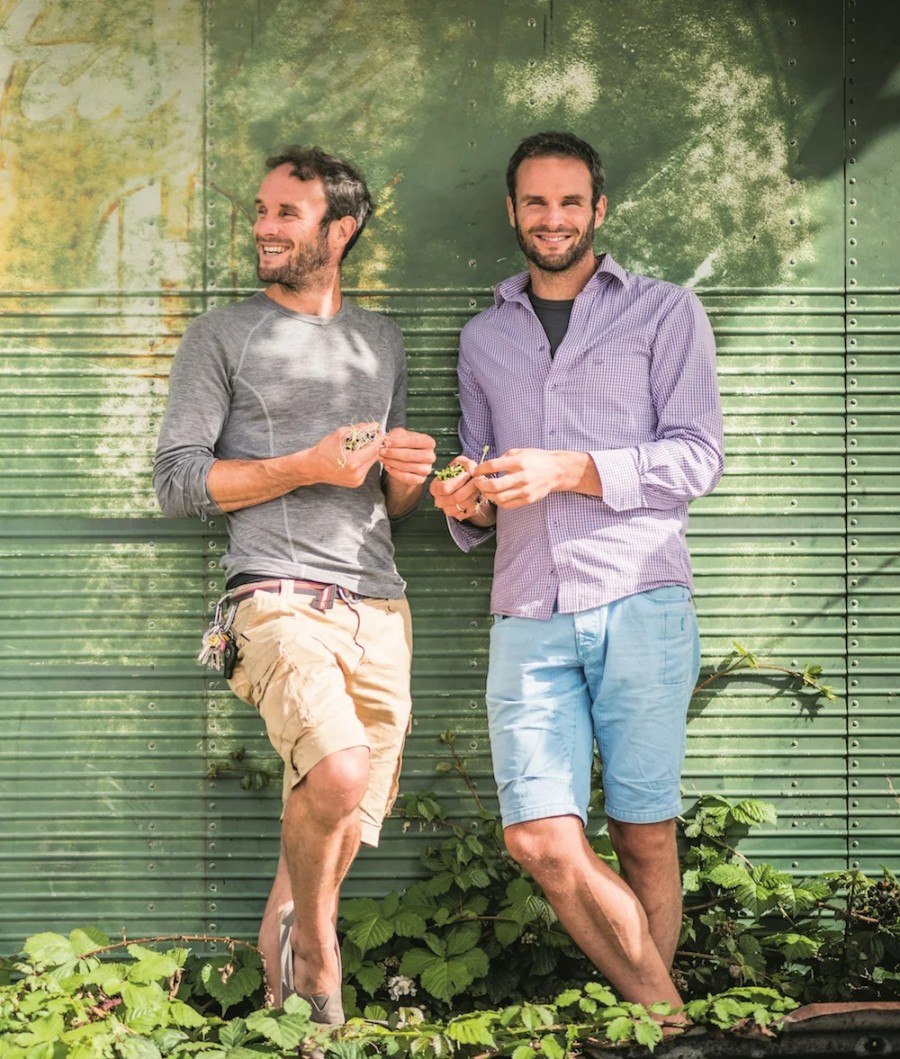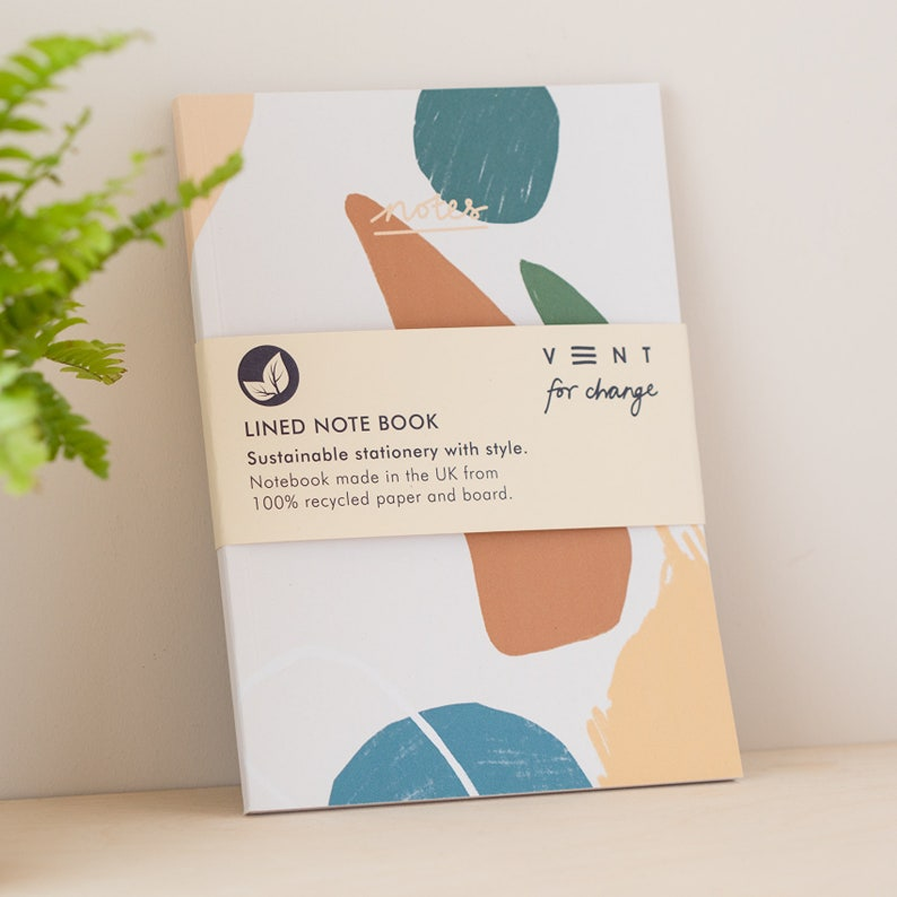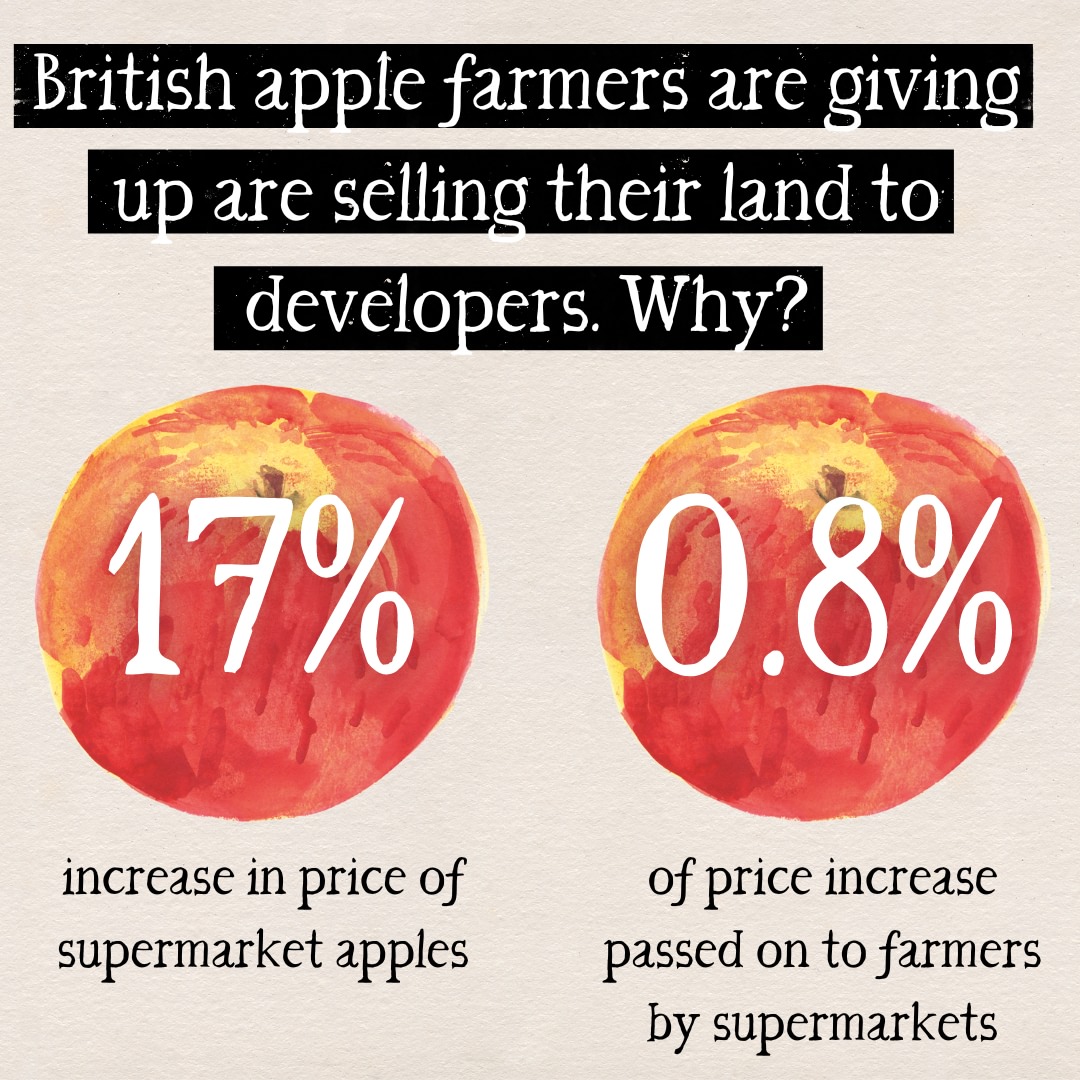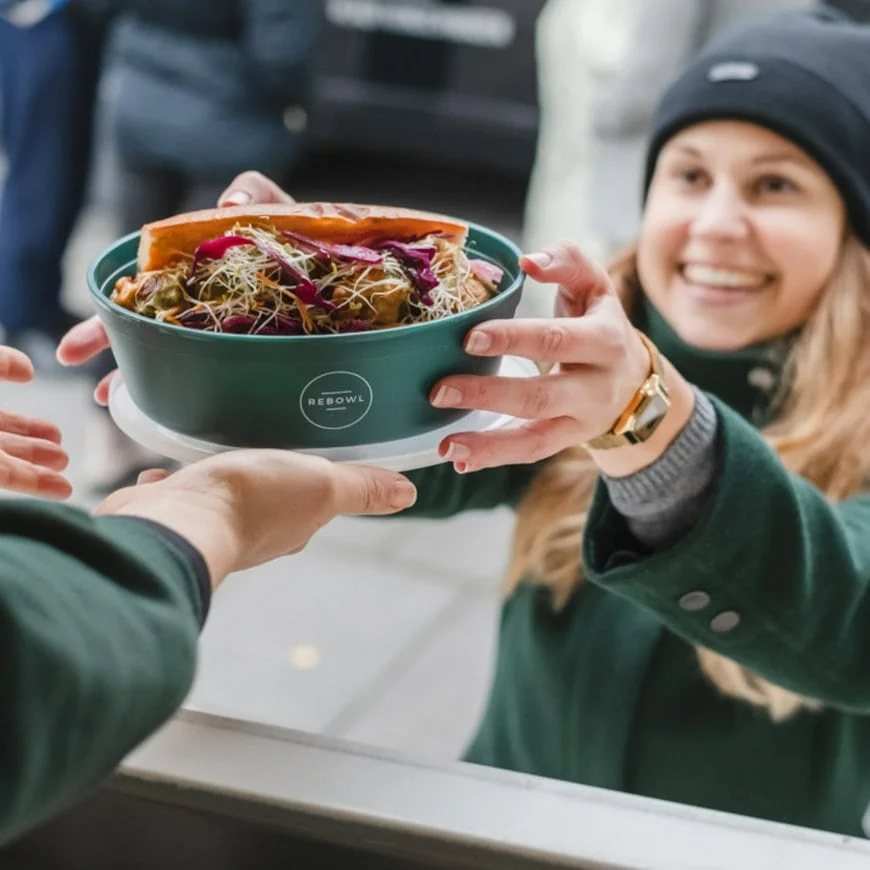
RECUP is an innovative reusable food packaging system for restaurants and other food service businesses. Based in Germany, it has over 20,000 outlets in the country using its attractive food bowls and cups, which are given to customers, who then receive their deposit back, on returning on the next visit. If used en-masse, this system could literally save millions of plastic bowls and cups from going to landfill. And it takes just 6 uses of the bowl (and 12 uses of the cup) to start saving money for your business, as you no longer have to buy disposable food and drink packaging. Research has shown that customers also admire companies that are making the effort, and it’s likely good free marketing for you, if you get the word out that you have switched to reusable cups and bowls for take-out meals.
Each RECUP can replace up to 1000 single-use cups, and each REBOWL can be used up to 500 times. The cups are sold in various sizes to accommodate all needs, and are stackable to save space, and dishwasher-friendly. They are also food-safe, shatterproof and a deposit lid is available on demand. The bowls are in 3 sizes (one with a divider lid to separate sauces etc) and also leakproof and heat-resistant up to 85 degrees C.
The system works like this. You rent the cups/bowls, then your customers pay around £1 deposit for a cup or £5 deposit for a bowl. They go off to drink and eat, then return them the next time to receve back their deposit. The bowls and cups are then washed, to be used again.

